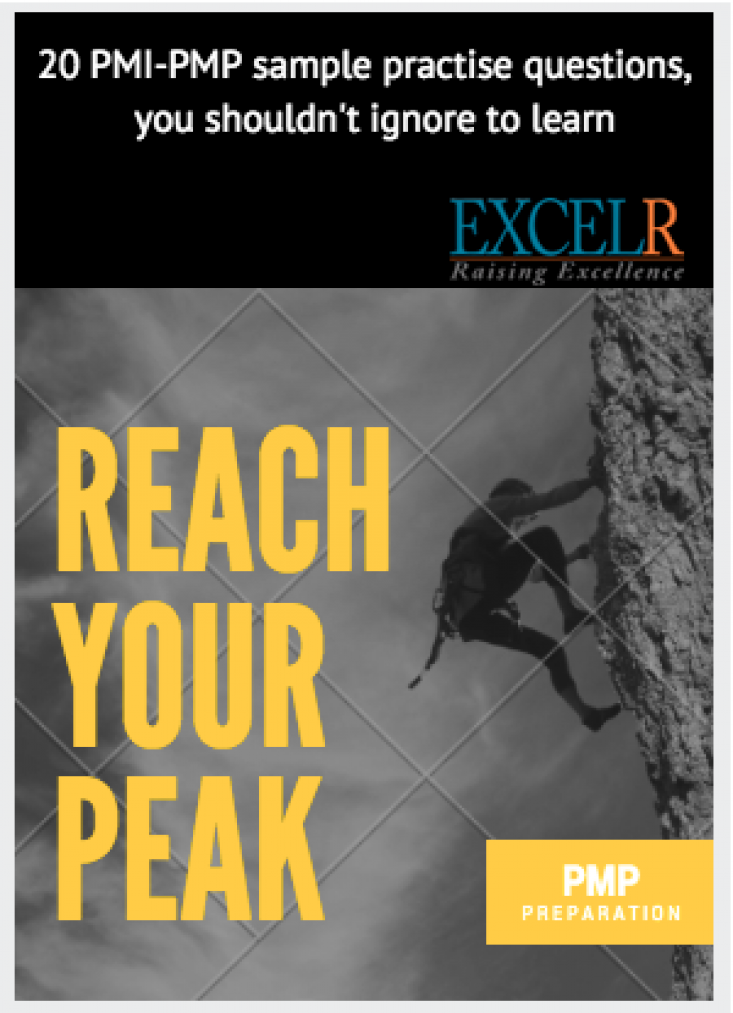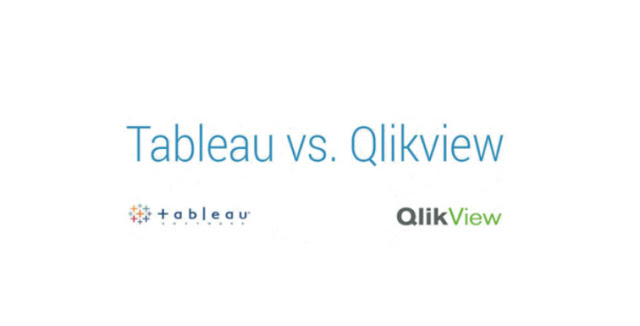The Nine Principles of DSDM in Nutshell
Active user involvement: A business purpose can't be fully captured in an early product specification. Hence end users are expected to participate in all stages of the development cycle. Prototypes and workshops are used early in the project to refine requirements and clarify stakeholders' expectations.
Empowering teams to make decisions: DSDM provides team members sufficient authority to make day-to-day decisions. This enables faster development. However, decisions which have a high impact on a project's success must be escalated to those with greater authority.
Frequent delivery of products: Progress of a project is measured based on the delivery of work products. These products include documentation as well as software.
Use of fitness for business purpose as the chief acceptance criterion: The extent to which software meets the customer requirements must be the main criterion for accepting deliverables.
Iterative and incremental development: Development must also be iterative, with repeated reviews and revision of plans versus actuals as a product evolves. DSDM focuses on delivering small, incremental releases, which is validated by end users. This helps ensure a project stays on track in meeting its business purpose.
All changes during development are considered reversible: DSDM encourages change and those changes should be reversible if any unexpected event occurs and when the system should be bought to the original well-functioning state.
Requirements are base lined at a high level: In DSDM requirements are fixed at a high level which are then base lined. Progress is measured against this baseline which may change depending on the necessity and agreement from stakeholders. The high level requirements are refined using end user inputs and team determines on how best to implement it.
Testing is integrated throughout the lifecycle: Testing in DSDM is conducted throughout the development process. Each task should include a step for verifying or validating its output.
A collaborative and cooperative approach between all stakeholders is essential: DSDM relies on a high degree of collaboration among all stakeholders. All of the other DSDM principles depend on this principle.
.png)











The post is useful and it would really help for those who search for PMI-ACP Training Institutes in Bangalore | PMI-ACP Certification Training in Bangalore
ReplyDeleteThanks for sharing as it is an excellent post would love to read your future post -for more knowledge PMI-ACP Training in Bangalore | PMI-ACP Training Courses in Bangalore
ReplyDeleteNice BLog Thank You for sharing Tableau Online Training
ReplyDeletepmp training bangalore,Prepare for PMP Certification Exam and earn 35 Contact Hours. Master 10 Knowledge Areas and 47 Project Management Processes based on PMBOK Guide
ReplyDeletepmp training in bangalore
If you want to pass the tableau certified associate exam then you can get help from tableau certification dumps
ReplyDeleteGreat Article, if you want to learn tableau in a most economical way ever then its useful for you Tableau Certification Dumps and
ReplyDeleteTableau Certification Exams